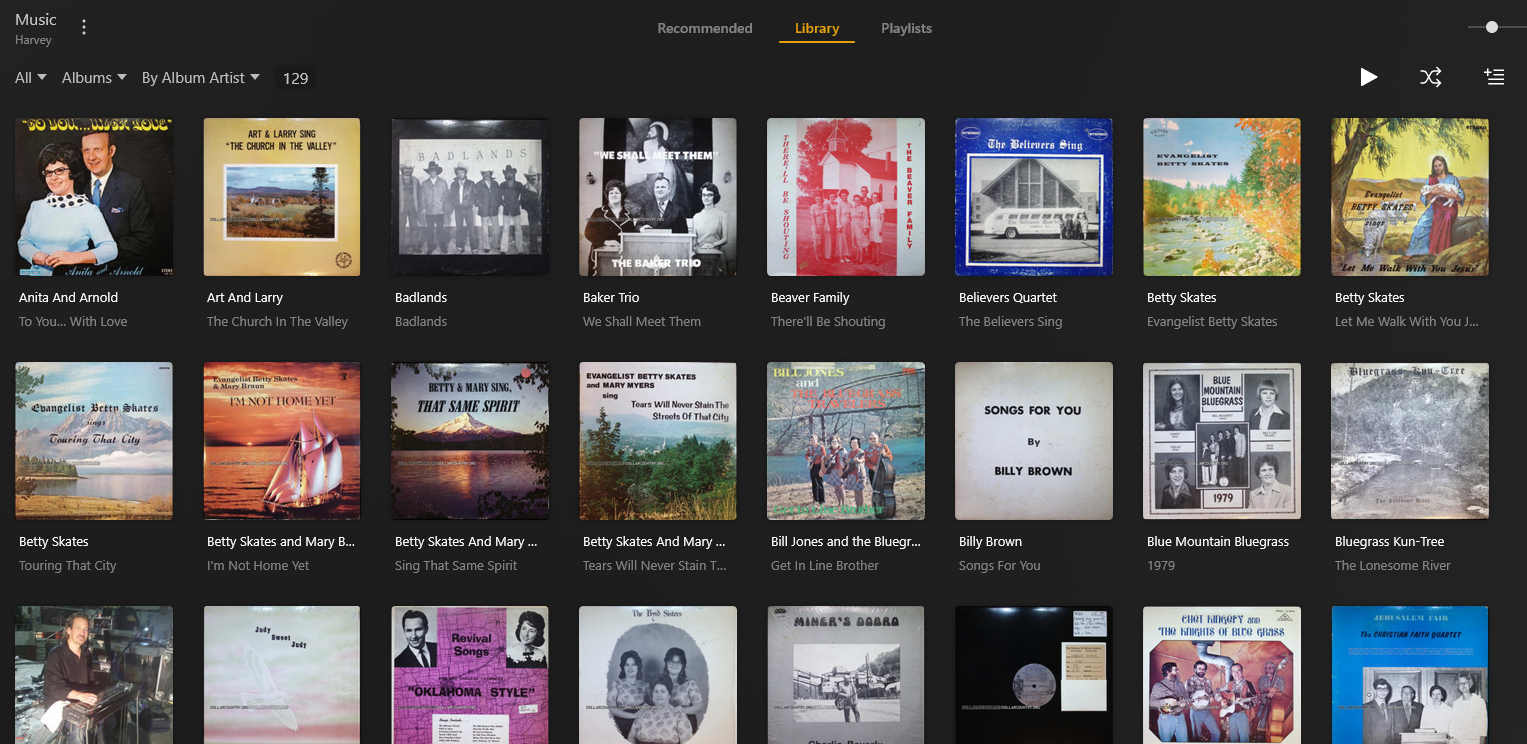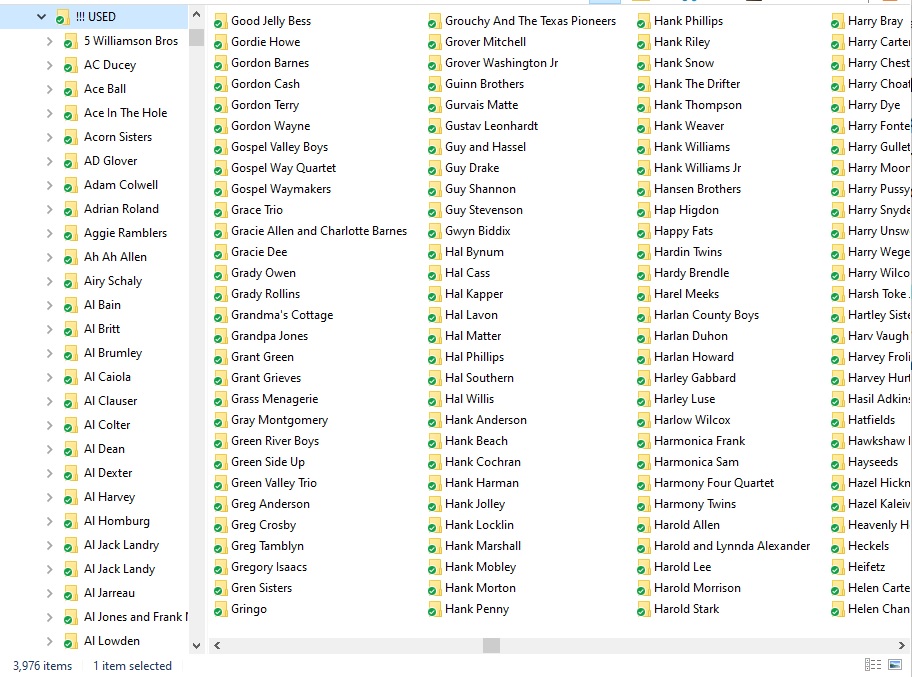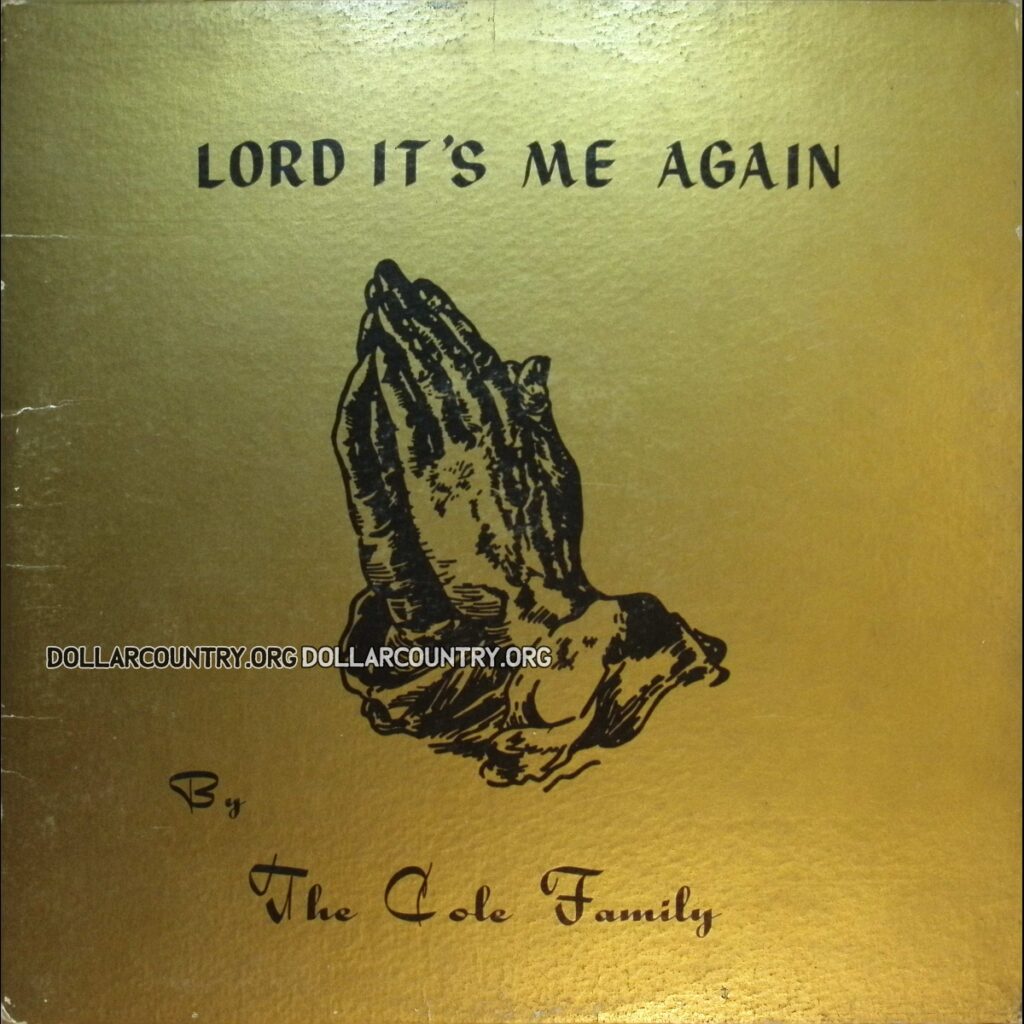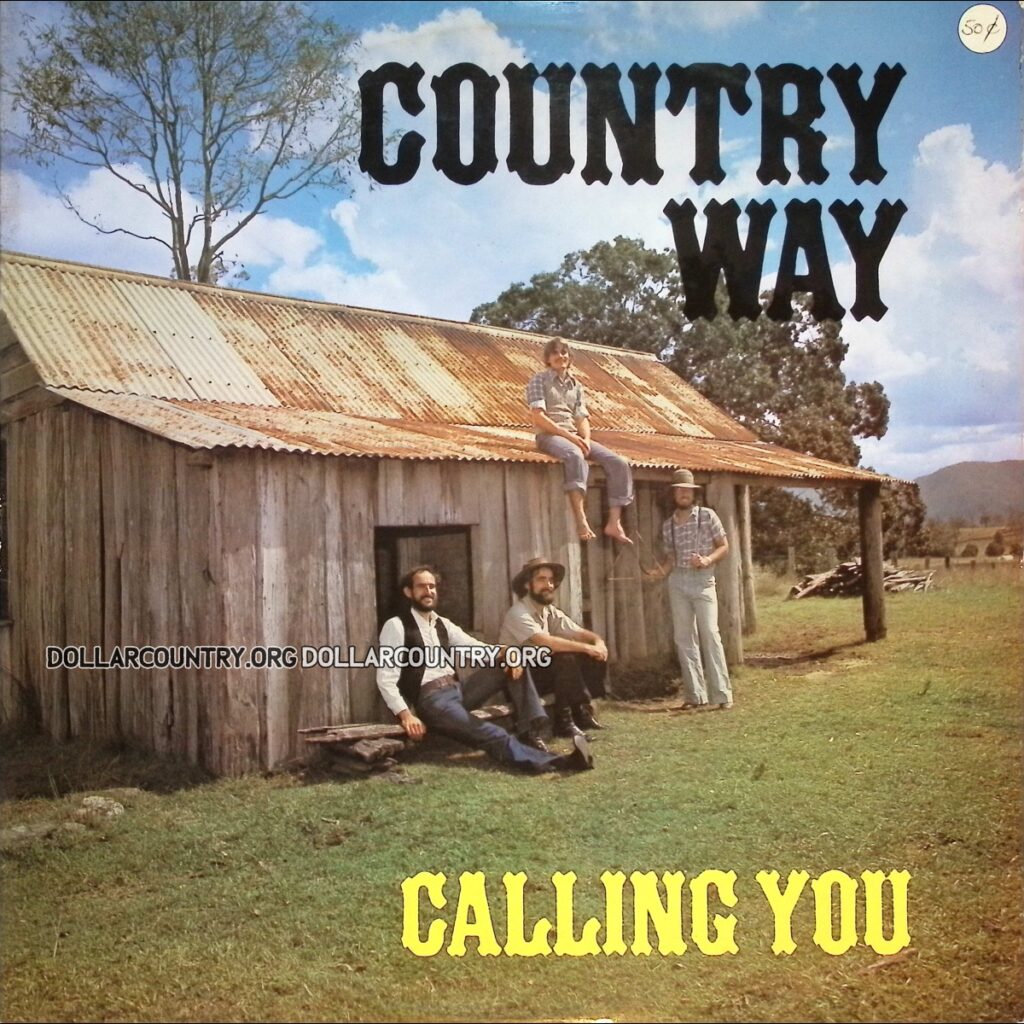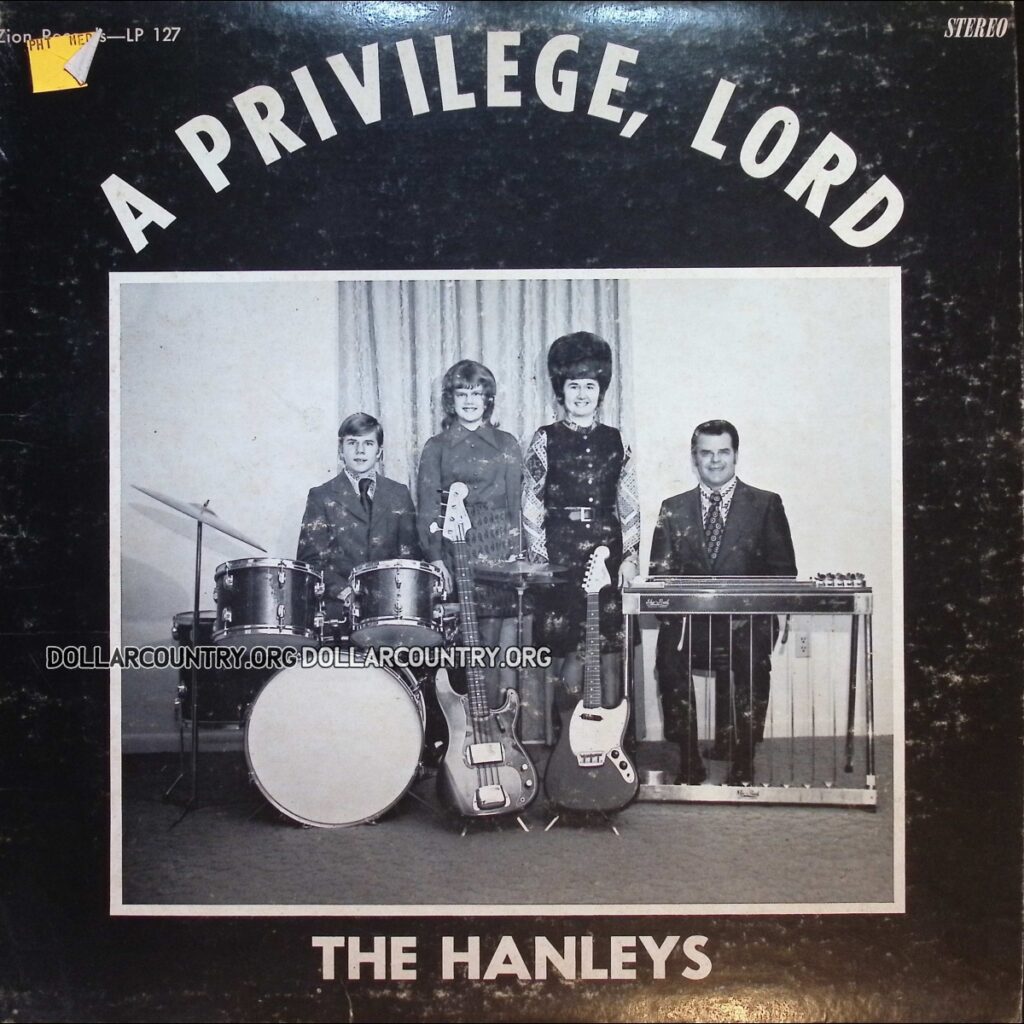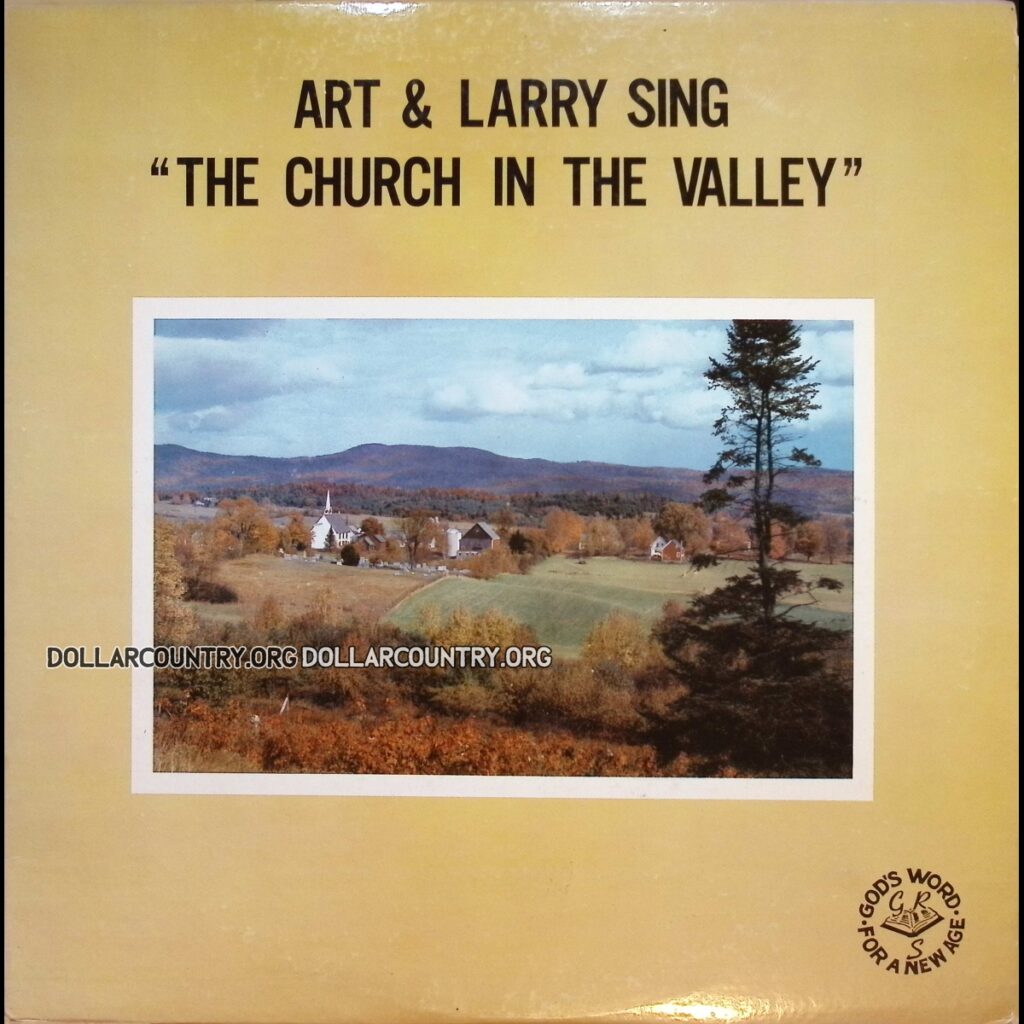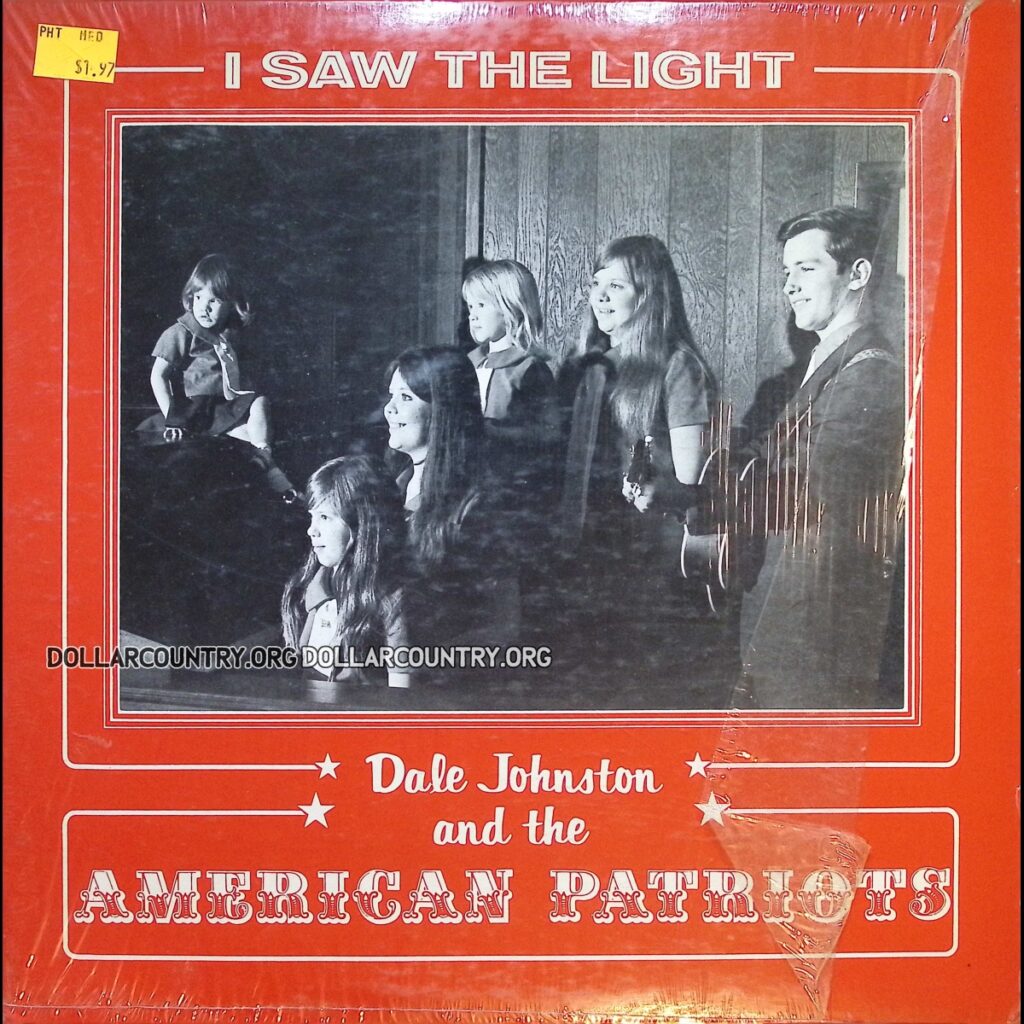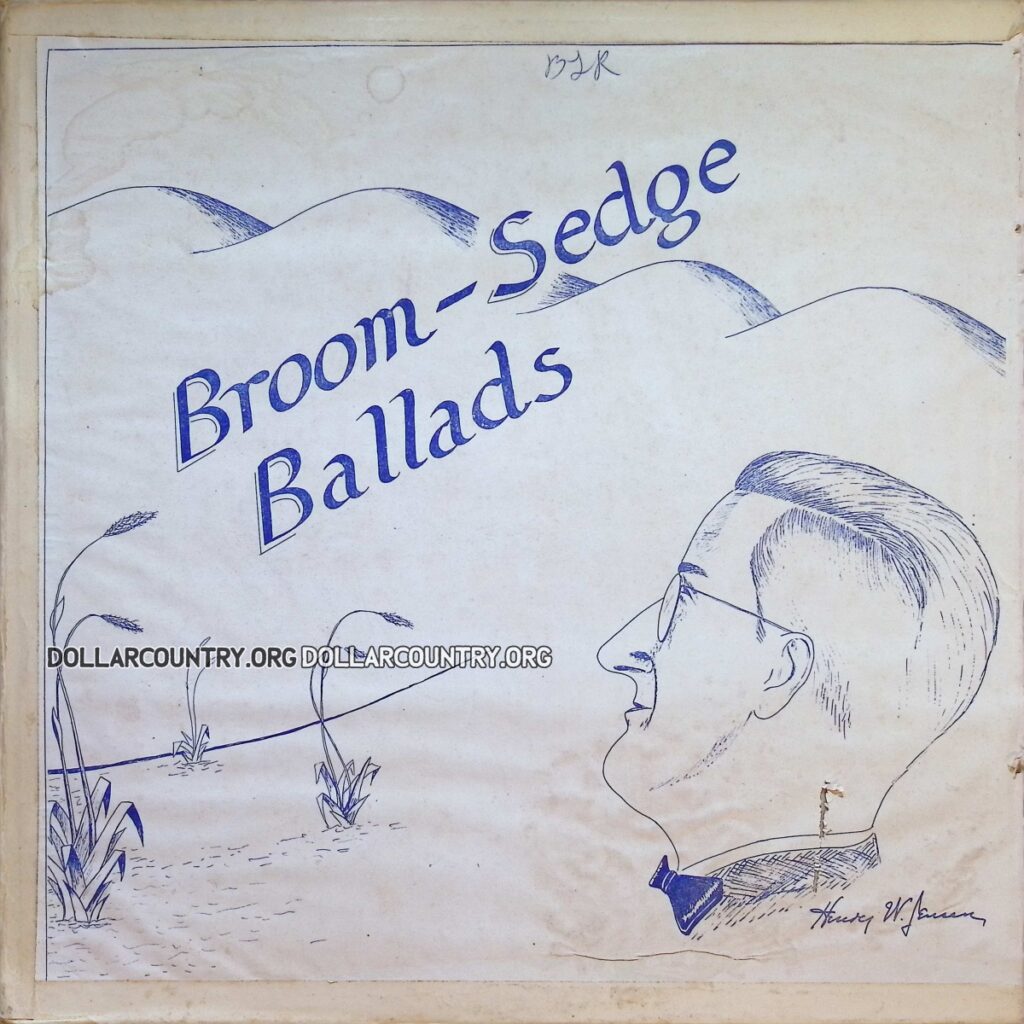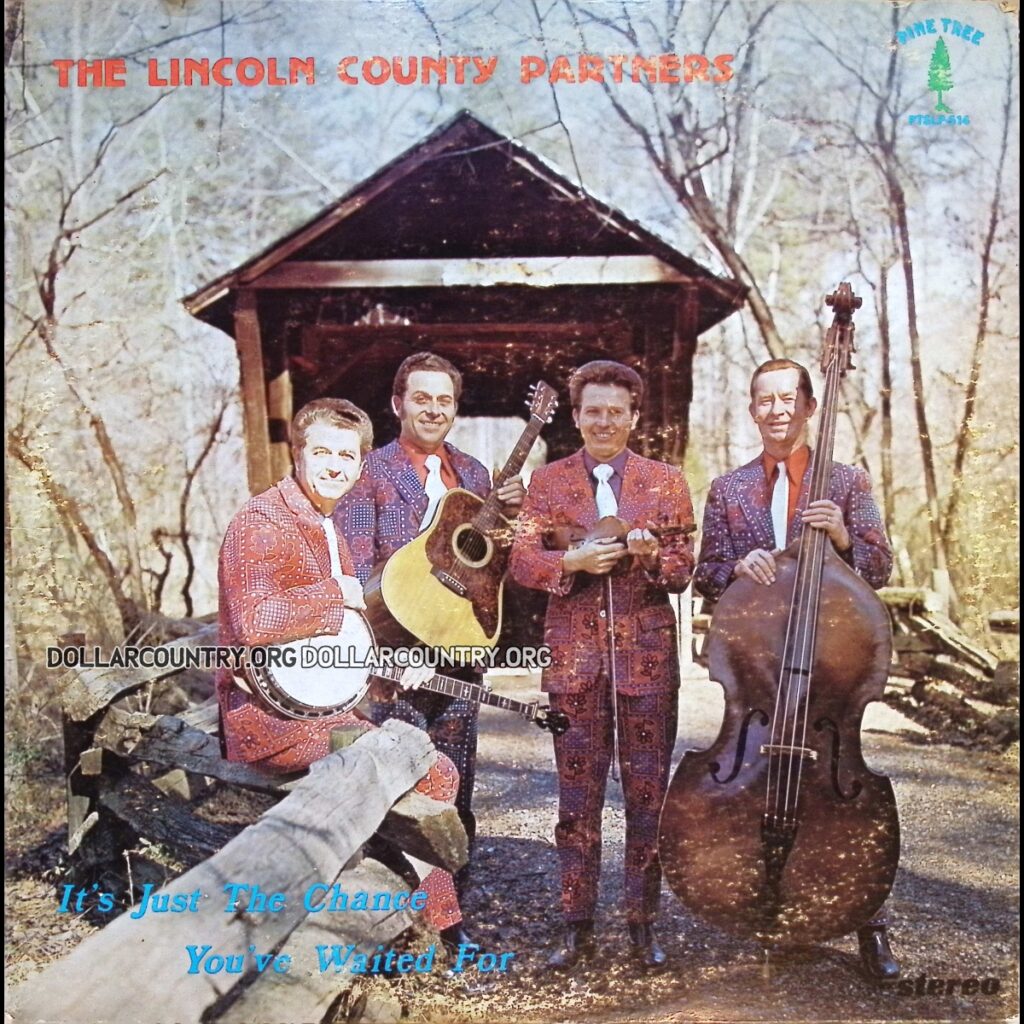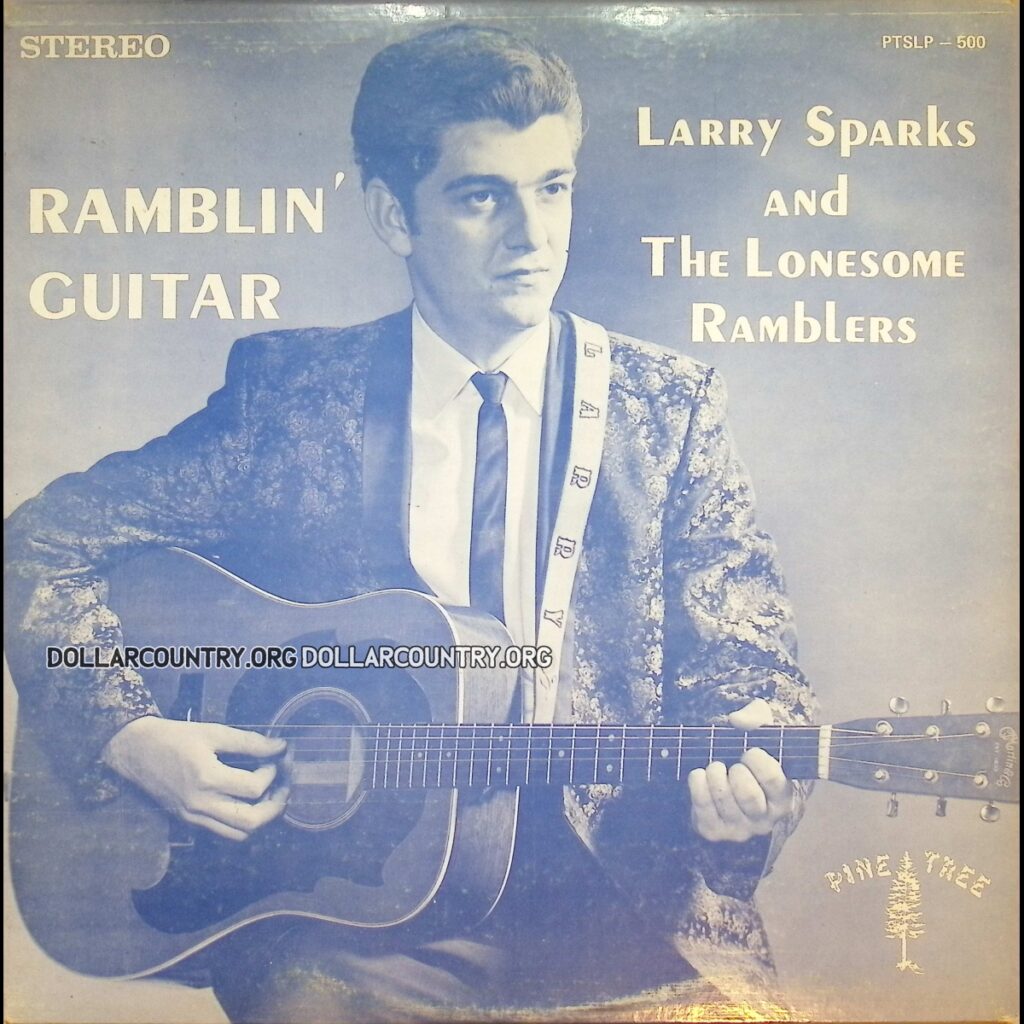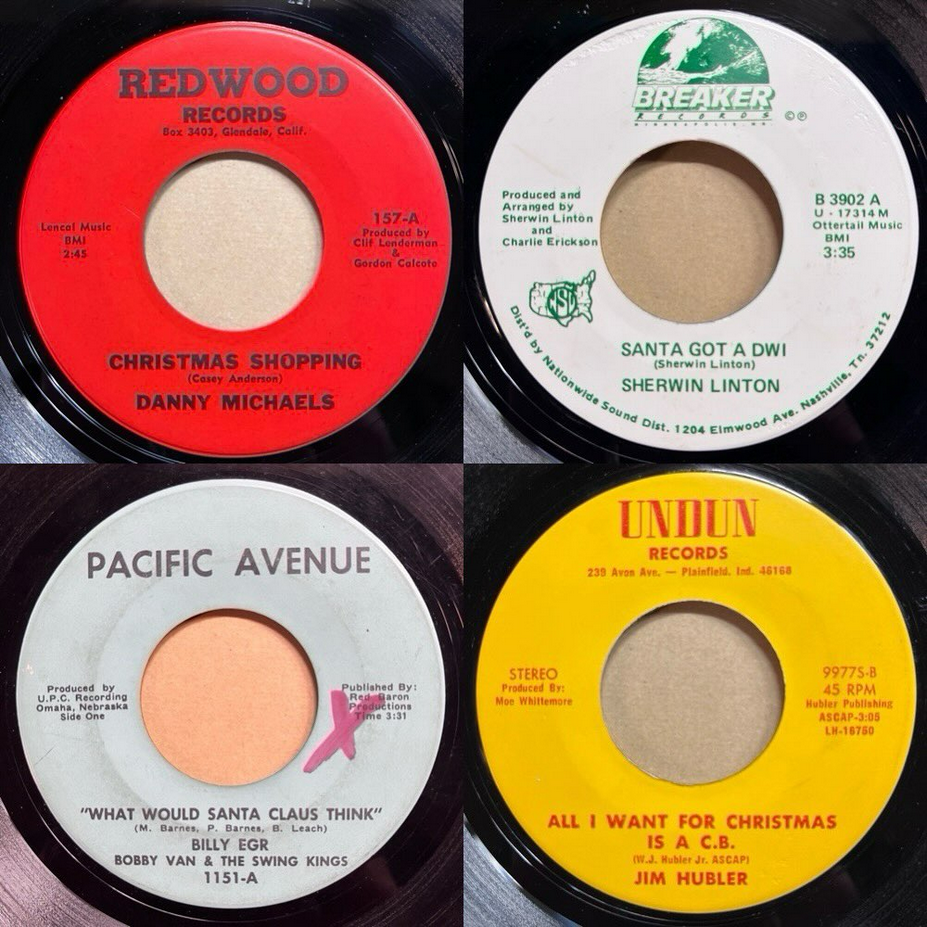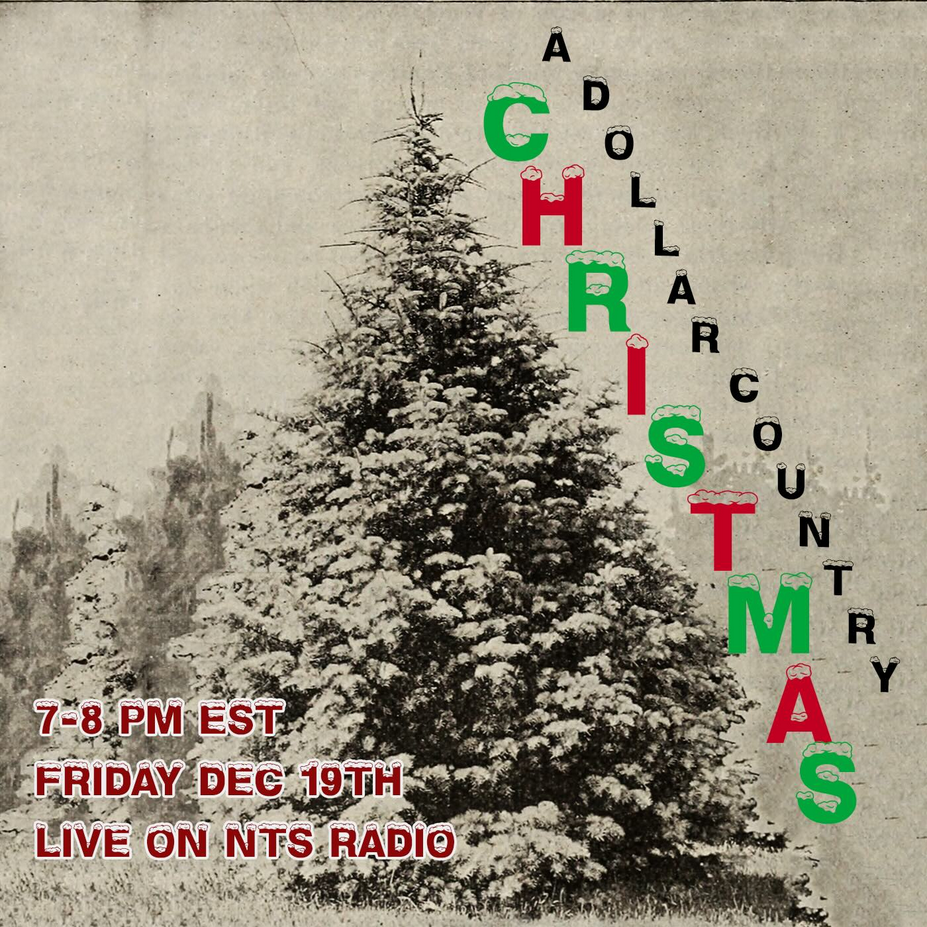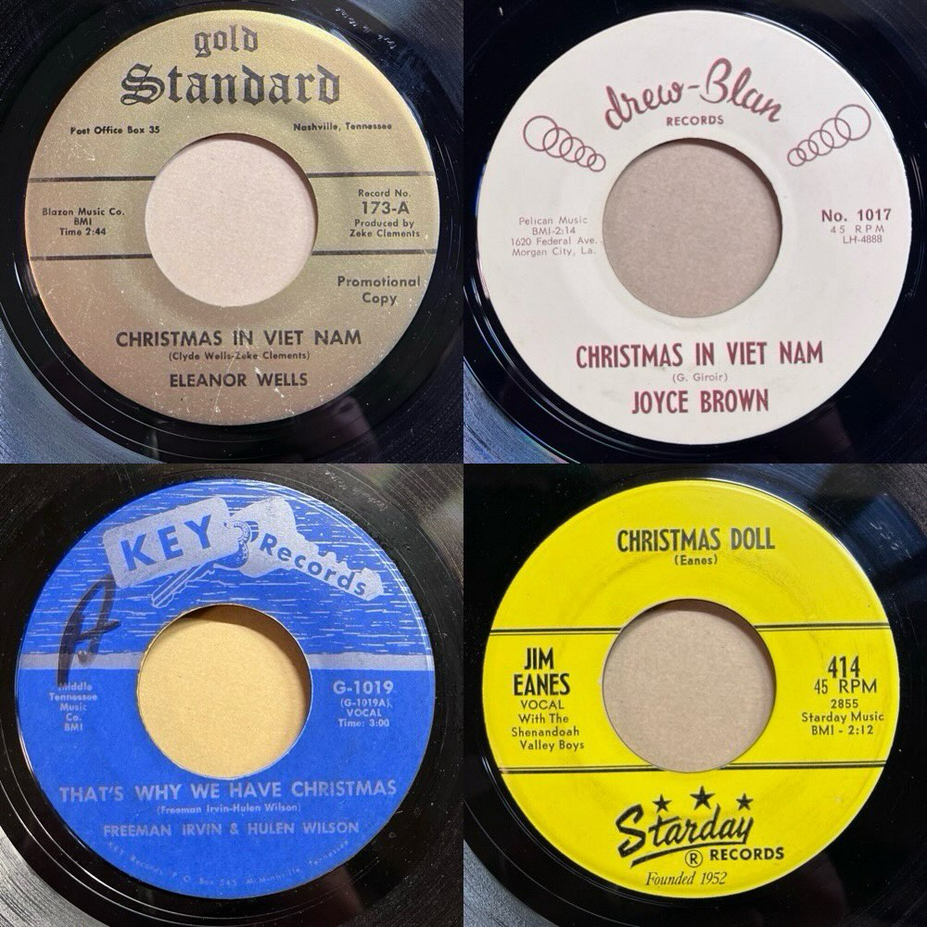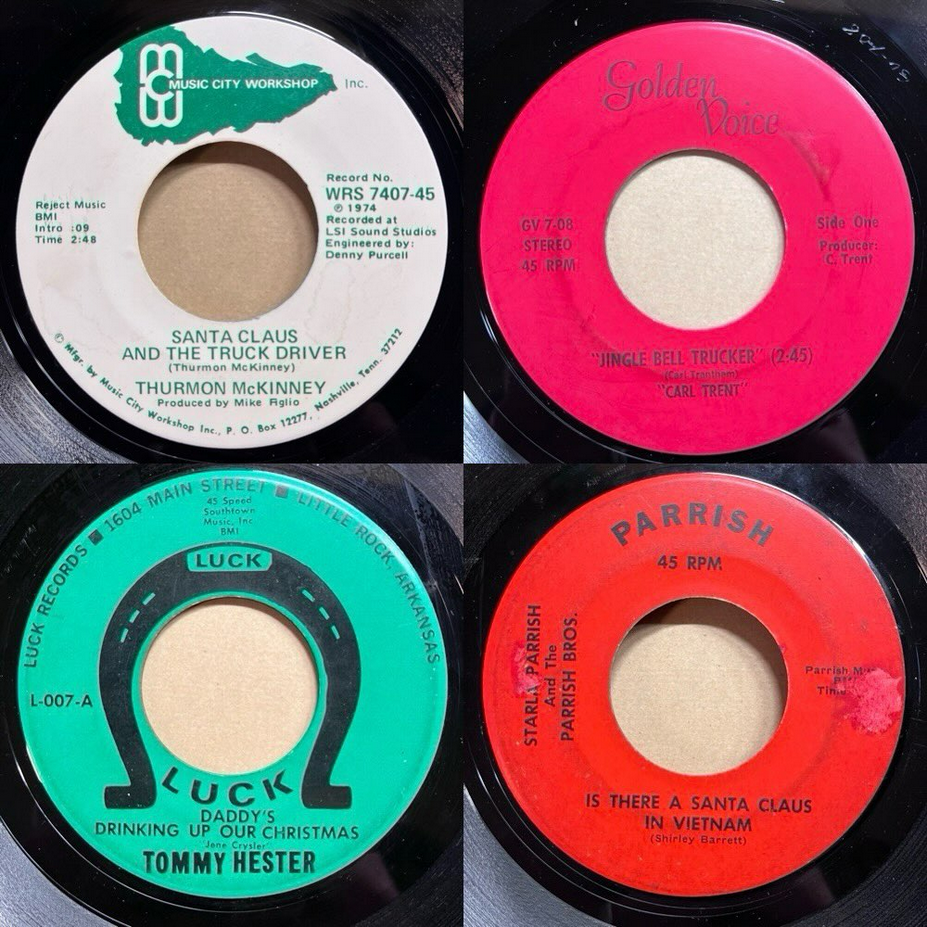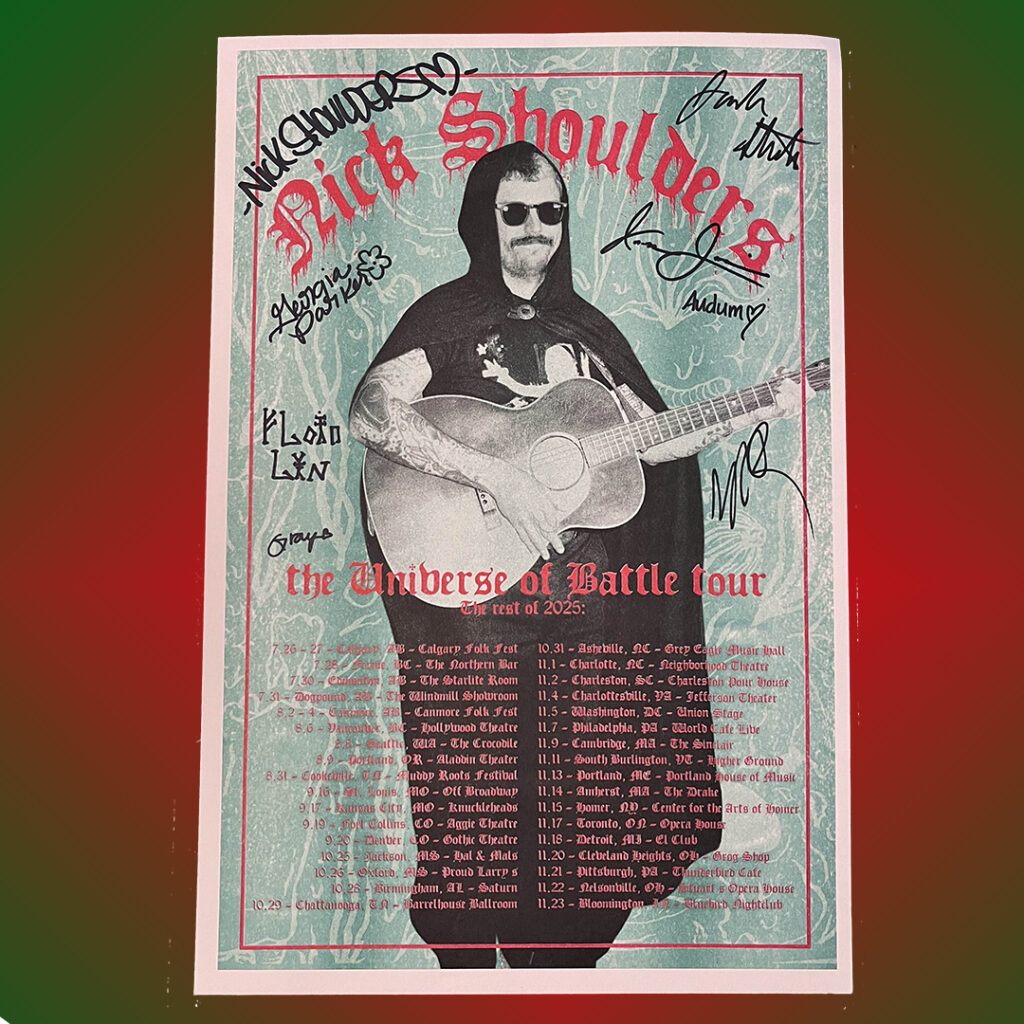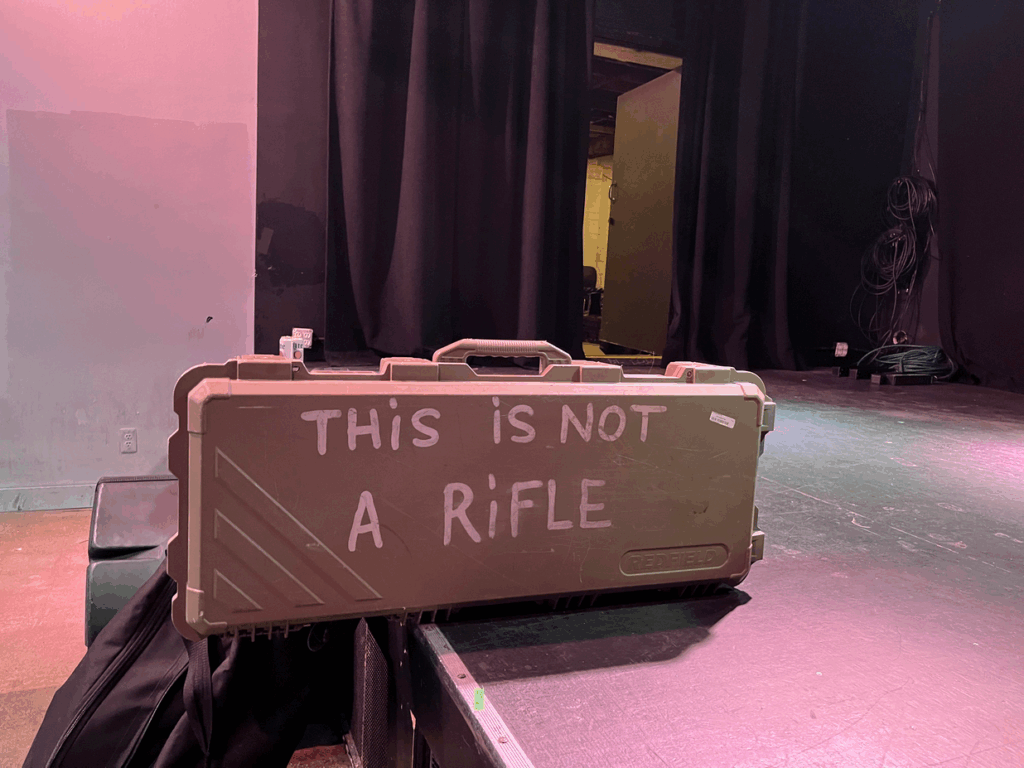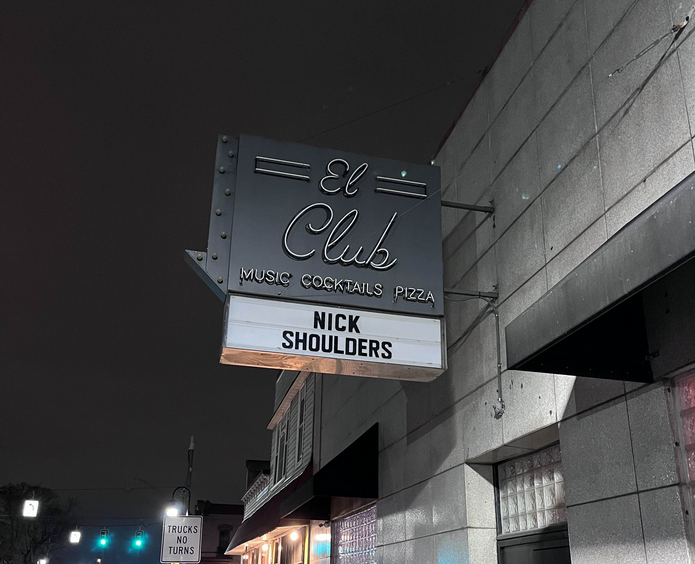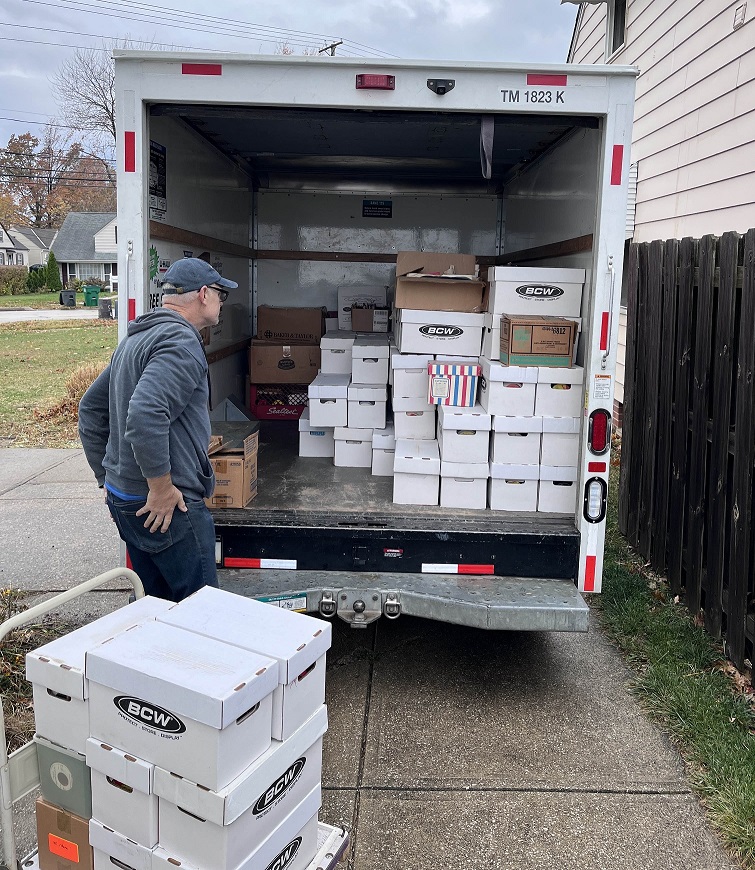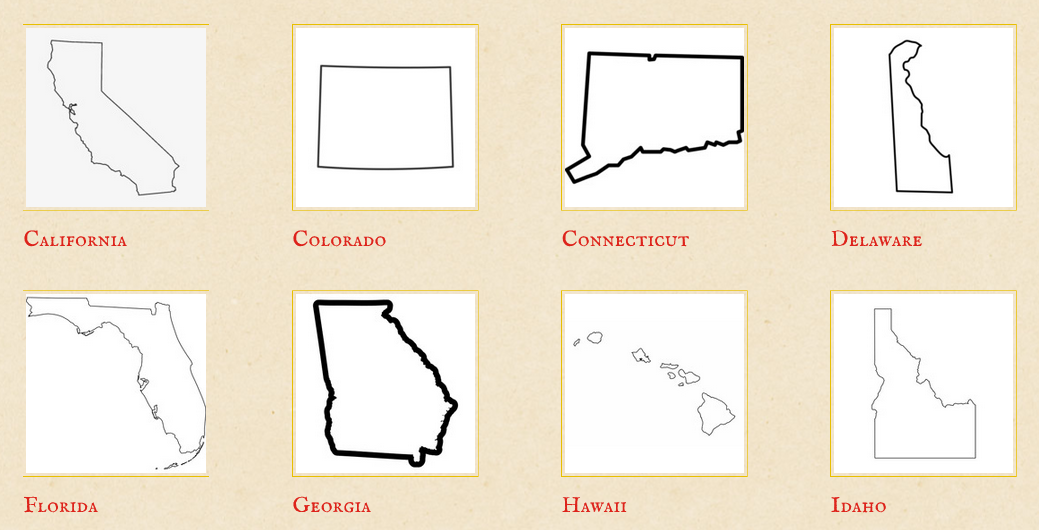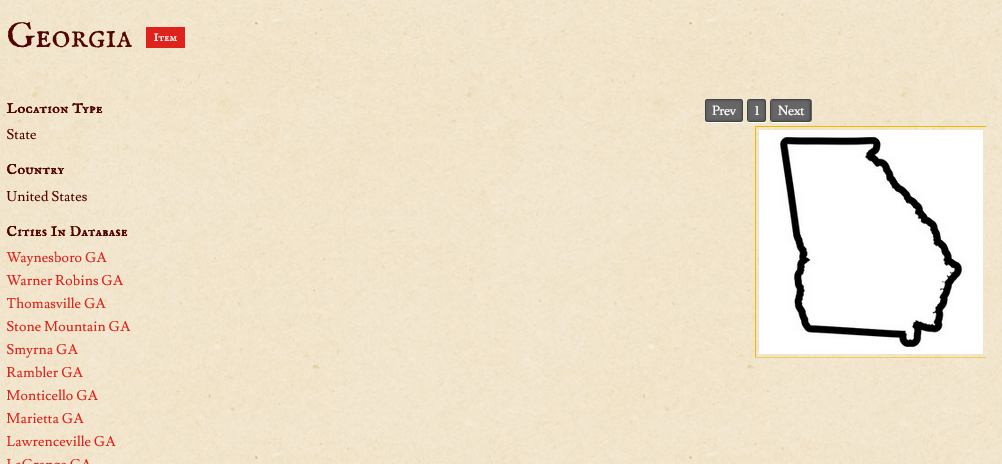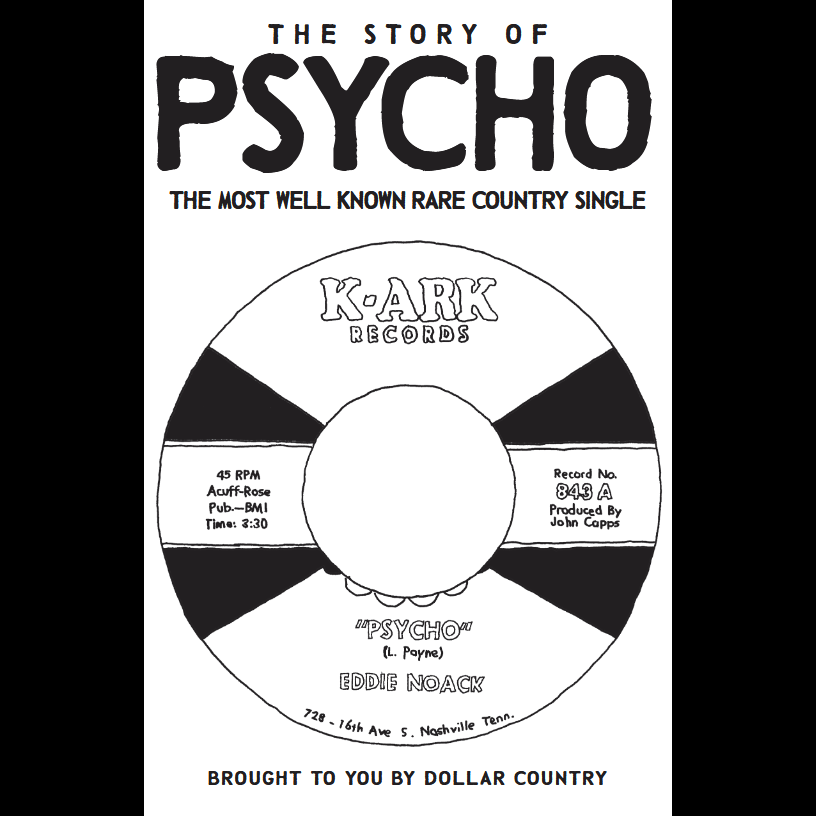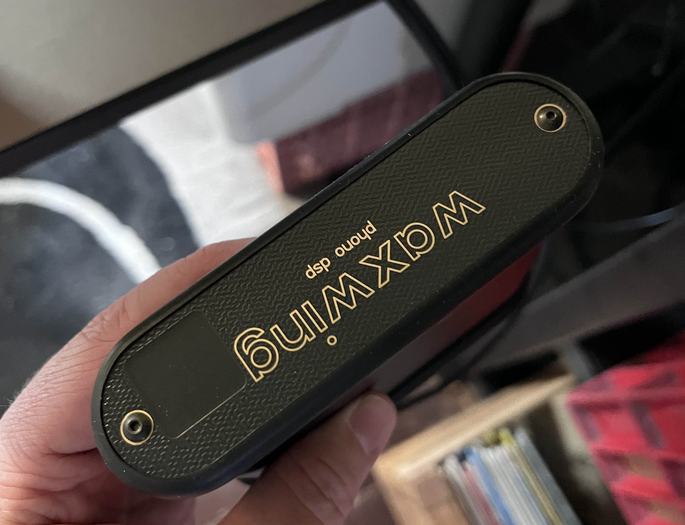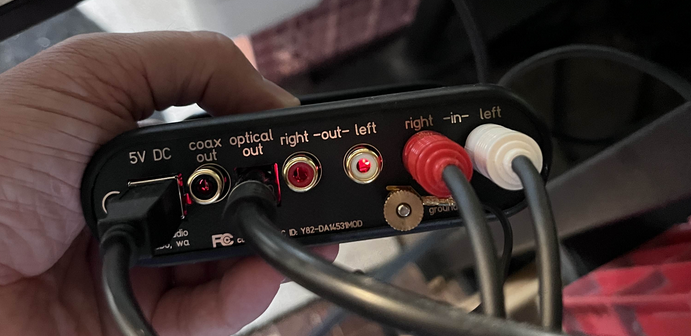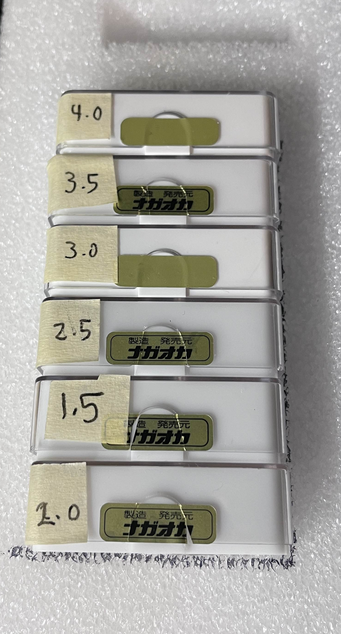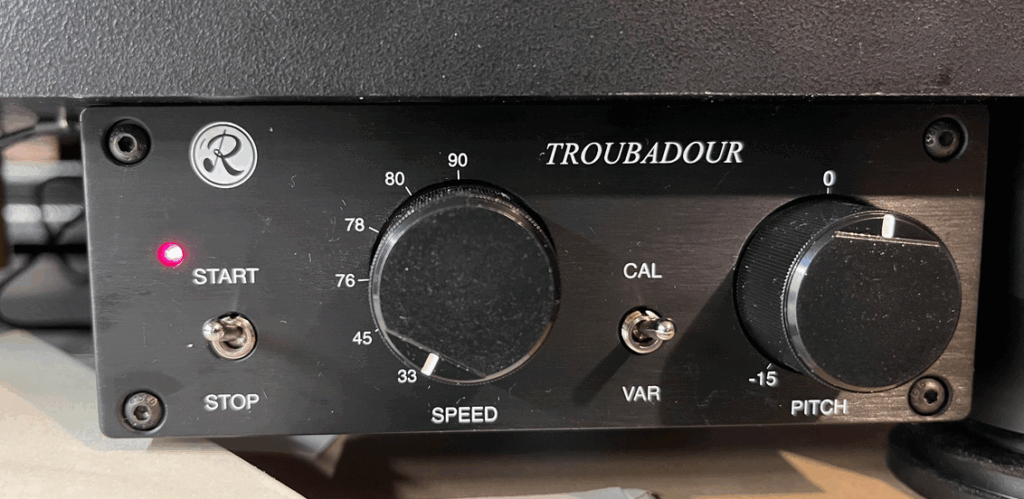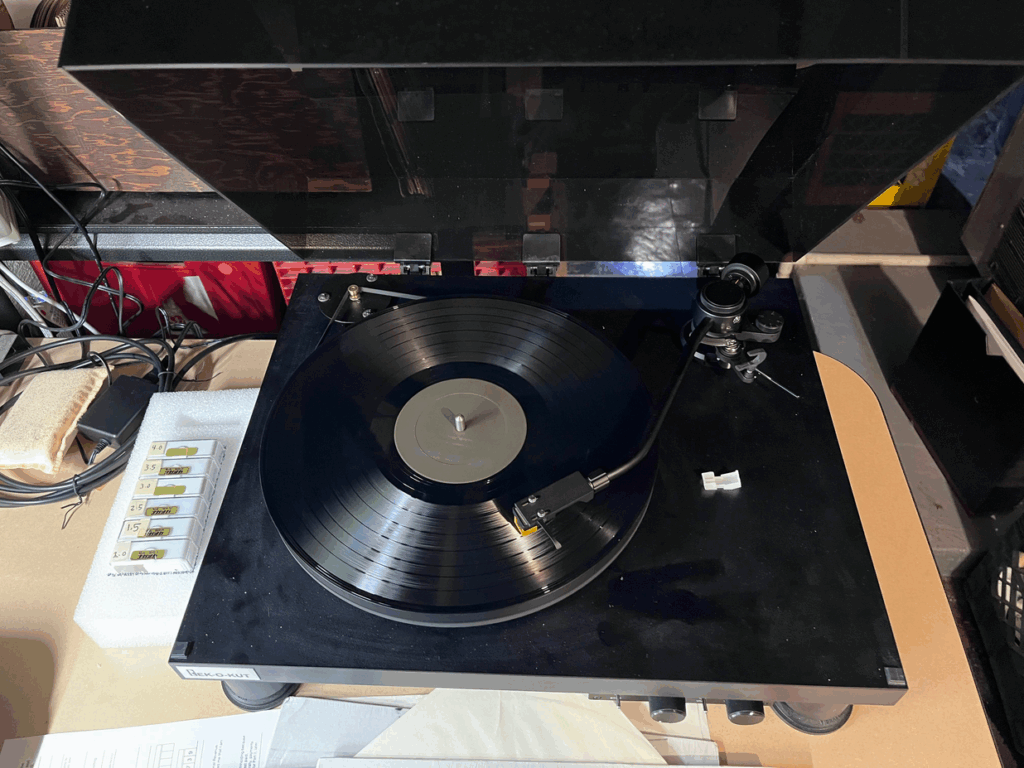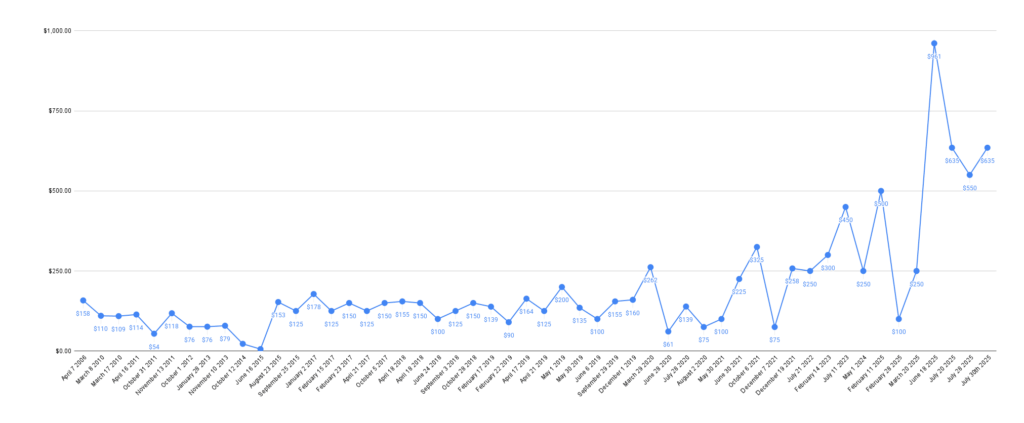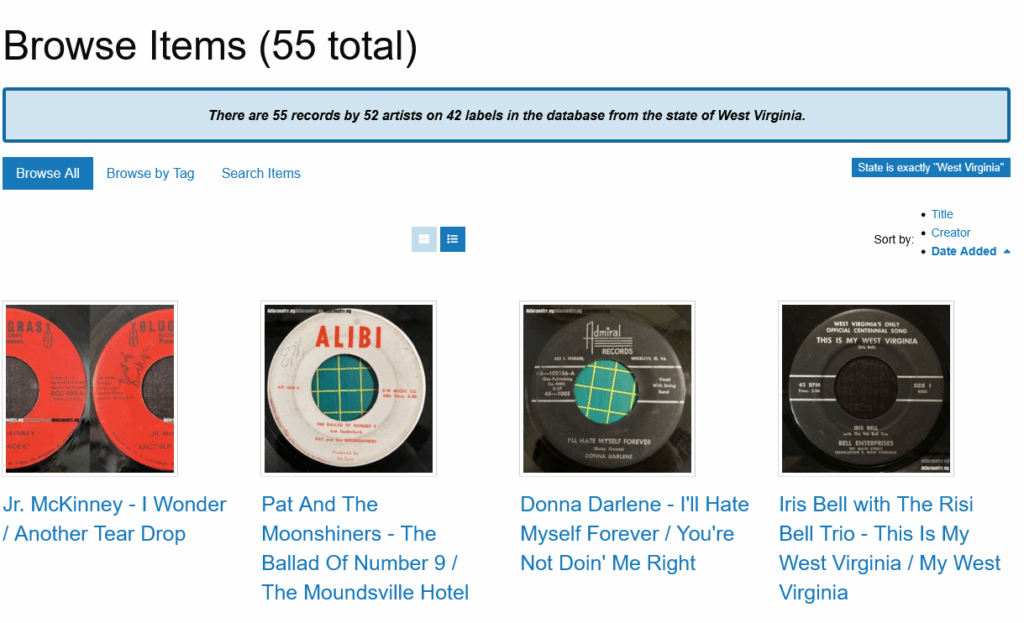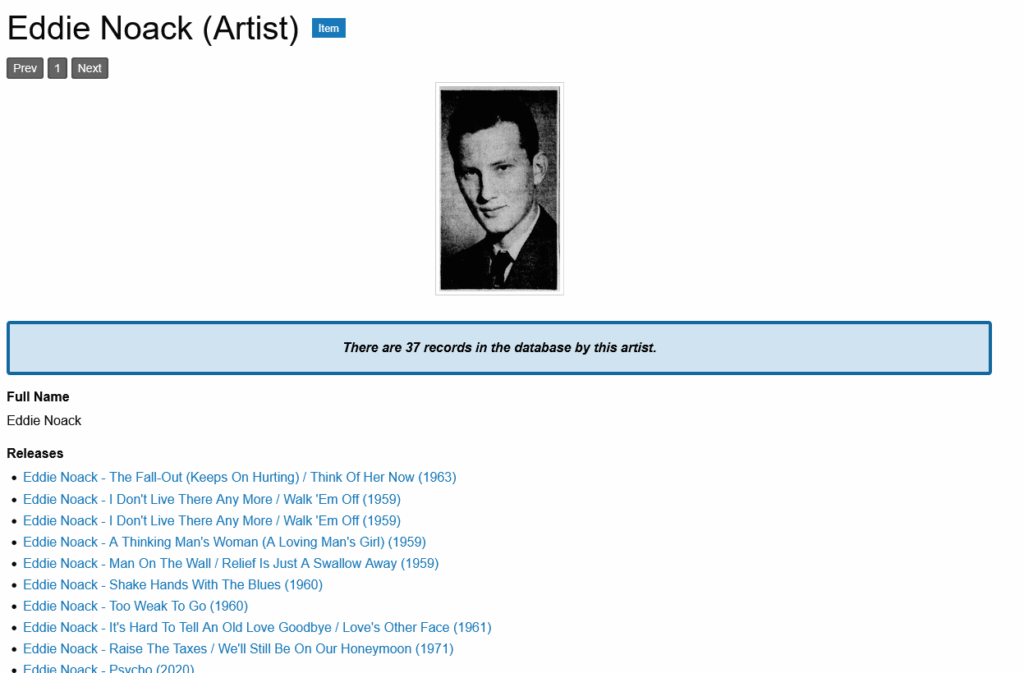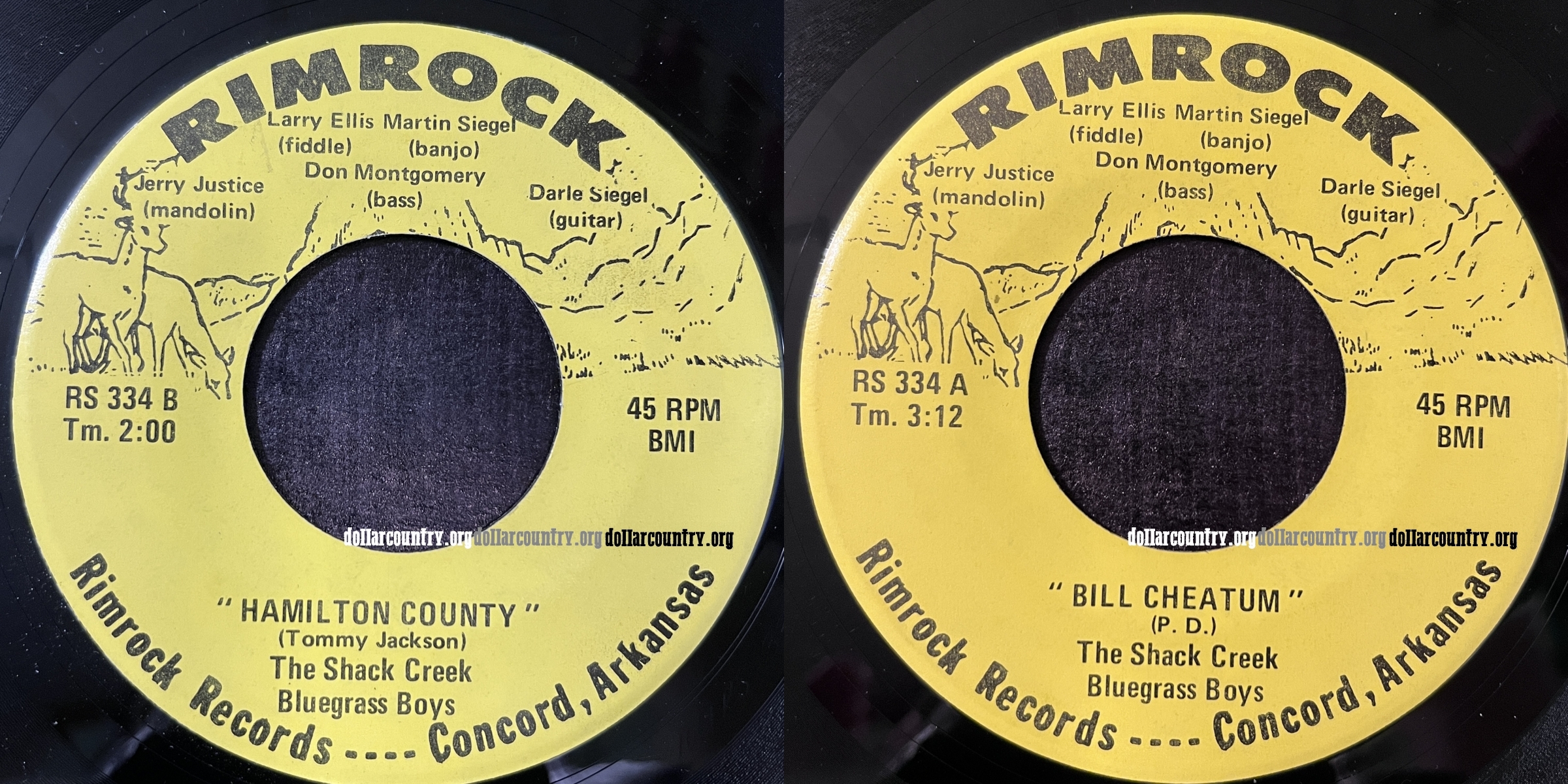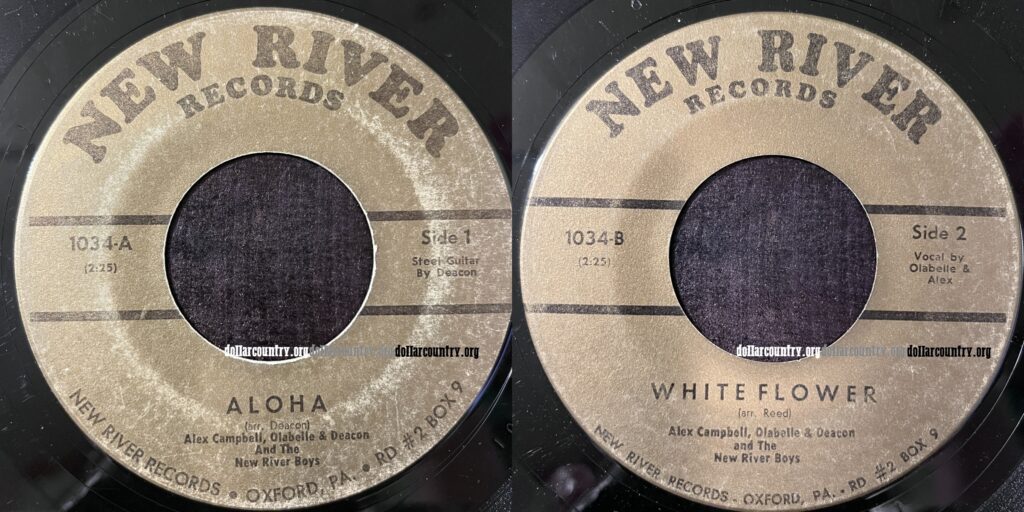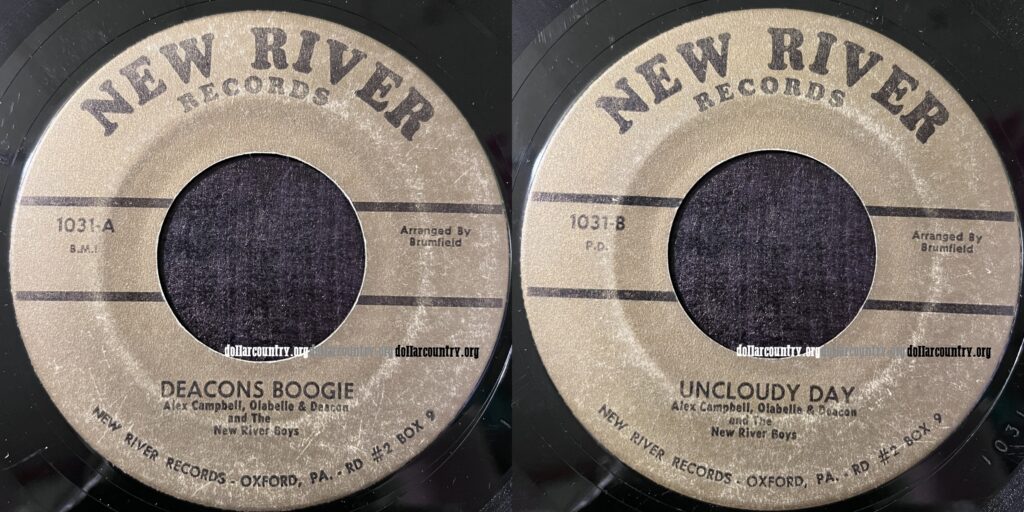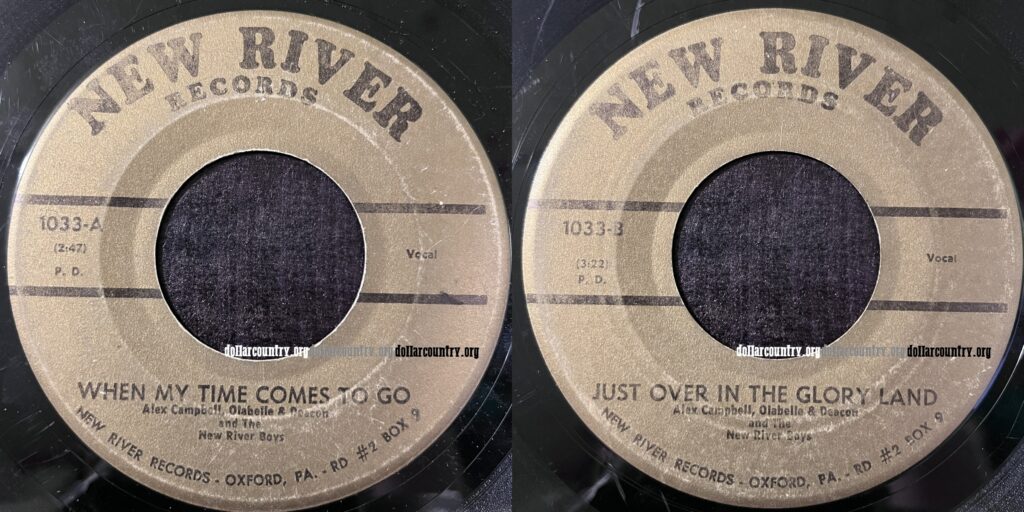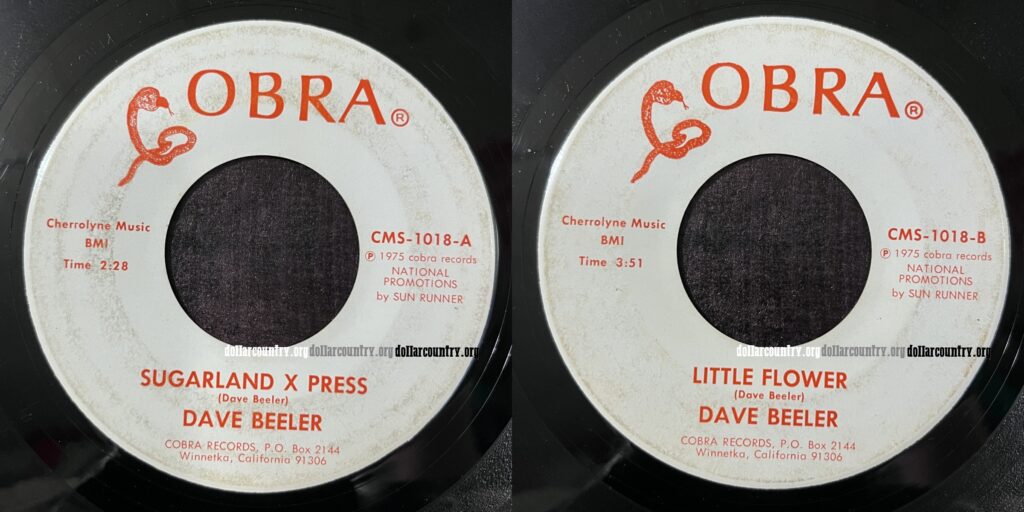Dollar Country studios is slowly getting cleaned up. This week I opened mail. A couple years ago I had the bright idea to assign a Source Number to every discogs or ebay user that I bought something from so I could have that history with the disc itself in the archive. That made opening mail a longer process than it used to be and so I often put it off until there’s a critical mass of boxes that I need to take of. So that’s what the picture up top is. At least I’ll never run out of 45 mailers!
LP Logging
Back in the newborn times of early 2024 I had a lot of time in the middle of the night when I had to be up with the newborn but he mostly slept. So I went through every box of 45s I had and logged them all on a private discogs account. This filled my time but it was also practical. I can’t tell you the amount of times I’ve bought a record online that I had already bought without remembering. So now I can check and see if I already have something.

Well I logged (most of) the 45s in 2024 but the LPs I had were still a mess. I had logged some of them but it was sporadic and not uniform in any way. Starting last week I got to work and started logging the LP shelves. I’ve logged about 1600, which seems tiny in comparison to the 45s, but that’s a lot of records!

Despite only having only about 15% the amount of LPs compared to 45s the LPs take up a huge amount of space. They’re just a bulky medium in comparison, but there’s so much stuff on LP that isn’t on 45 (and vice versa). The LP collection is much more focused on Country Gospel and private pressed records, whereas I have a ton of major label 45s that have made it into the collection. In doing this I’ve also found two full boxes of LPs I plan on selling that I have more than a couple copies of or don’t fit the criteria for me to keep. I keep at least 2 copies of any LP if I want them in the archive, so if I have more than that that are the same pressing those go into the sale box.
One last thing, the numbers above are just the records that are on discogs. I still have a large amount of things that have never been submitted, I might estimate about 10% of what I have, although that number is shrinking every day.
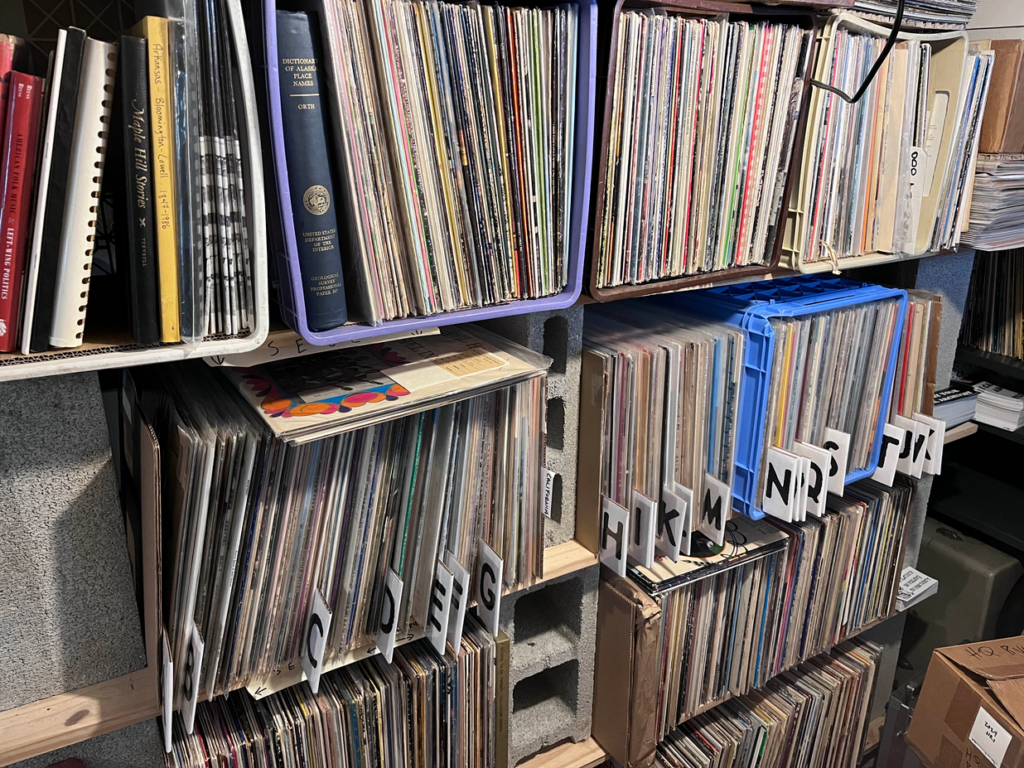
Sale List!
So I’ll be updating the sale list in the next few weeks to send out once again, and this time there will be 45s AND albums. I might even get fancy and grade everything even though that adds a lot of time.
If you’d like to be on the sale list email then drop me a line at host (at) dollar country (dot) org and I’ll send it your way once it’s ready.
Cheers
Franklin
